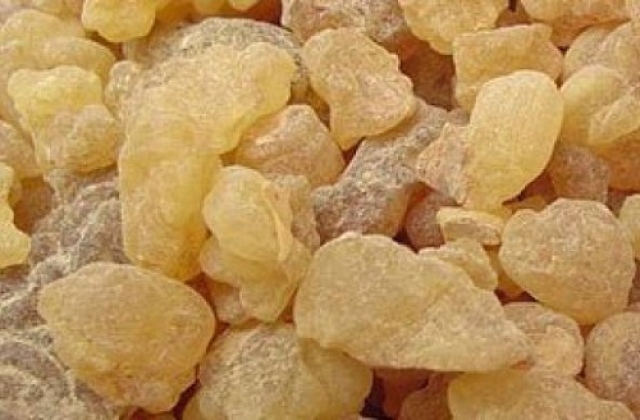Gum Arabic Belt… under Crossfire of War

Report by Nahid Oshi
Like all the sectors that were destroyed due to the war that broke out on the fifteenth of April last year, its fire destroyed the greenest resources and exacerbated the dryness of the crises. The Gum Arabic sector was affected by the belt linking the the states of Gum Arabic production. The agricultural industrialization Consultant, Dr. Mohammad Ahmed Omar, revealed that the Gum Arabic Sector was affected in the midst of the war that has been raging in Sudan for nearly a year, where the Gum Arabic belt suffers due to the lack of security even for the gum scratching operations. He said that it is a fundamental problem and has affected the Gum Arabic production operations. He added in his statement to “Al-Ahdath” that even the producer is not safe for transporting his product from the production areas to export ports, in addition to the doubling of transport prices to the port of Port Sudan, which has become discouraging, in addition to the concentration of factories that produce gum powder (although few) in the capital, Khartoum, which are not safe areas the matter that resulted in the smuggling of Gum Arabic through neighboring countries (South Sudan), which affected the Sudanese economy
Lack of funding:
Omar pointed out that what the Gum Arabic sector faced the lack of funding for gum production operations, and he expected that there would be a global gap in Gum Arabic, considering that Sudan is one of the largest countries producing gum arabic. It will have a clear impact on all industries, especially food, and limit the state’s ability to generate revenues from Gum Arabic exports, in addition to losing many of our international markets, especially since the product is smuggled to other countries, in addition to stopping the process of Sudan’s development in the field of the Gum Arabic industry and the development of final applications for the Gum Arabic product as a final product for various industries, whether pharmaceutical or food.
Gum belt future:
He confirmed that the war has a harmful impact on the future of the Gum Arabic belt, especially since it needs care and faces competition from other commodities, as gum farms tend to grow other crops that generate a greater return, and this is a danger to the sector.
National committees:
He referred to a previous proposal that the agricultural sector in Sudan should be handled by national committees away from the two parties to the conflict, provided that all roads for the movement of products and inputs are secured, financing is provided, and agricultural operations and various export operations are monitored. He stressed that this is the way out for Sudan to avoid many problems in the agricultural sector and thus many problems in the economy. The country considers that agricultural commodities, including Gum Arabic, are an important resource for the country and are supplied with large foreign currencies.
Outside the production system:
The former Secretary-General of the Gum Arabic Council, a researcher at the Institute for Gum Arabic Research and Desertification Studies at the University of Kordofan, Professor Tariq Al-Sheikh, had confirmed that the Gum Arabic sector was affected by the war that approached a year. He said in his statement to “Al-Ahdath” that war made 60% of Gum Arabic production outside the production system due to… Eight of the states producing Gum Arabic were affected by the war, in addition to the impact of the manufacturing structure, as 90% of the factories are located in Khartoum dealing with international trade:
He pointed out the impact of global trade, which depends on Gum Arabic, on many of the food and pharmaceutical industries, and expressed his fear of the increasing phenomenon of smuggling through neighboring countries to France and the major countries.
Despite these direct effects of the war, Sinnar State has achieved high Gum production, with the production of Hashab Gum reaching approximately (20) thousand quintals and Acacia Gum (80) thousand quintals.



